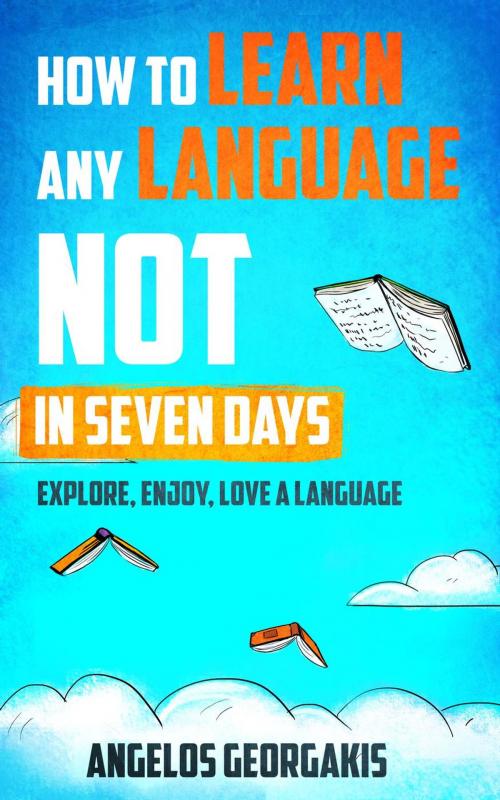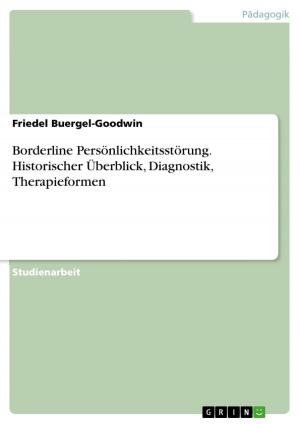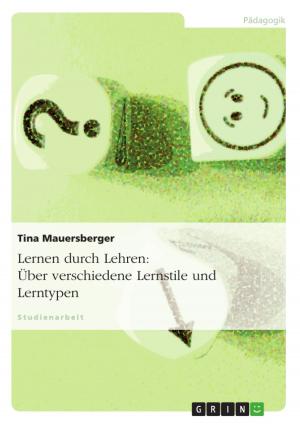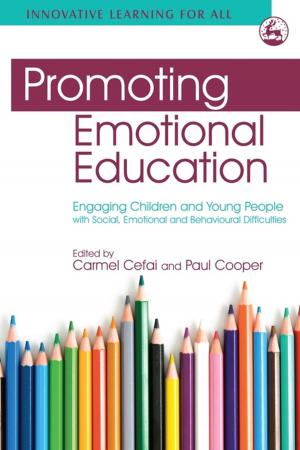How to Learn any Language NOT in Seven Days - Explore, Enjoy, Love a Language
Nonfiction, Reference & Language, Education & Teaching, Teaching, Language Experience Approach, Educational Theory, Adult & Continuing Education, Educational Psychology| Author: | Angelos Georgakis | ISBN: | 9781519956163 |
| Publisher: | Angelos Georgakis | Publication: | November 17, 2015 |
| Imprint: | Language: | English |
| Author: | Angelos Georgakis |
| ISBN: | 9781519956163 |
| Publisher: | Angelos Georgakis |
| Publication: | November 17, 2015 |
| Imprint: | |
| Language: | English |
**** Bonus: FREE book for all the readers of this book inside *****
As a sign of gratitude to all my readers who have embraced and empowered my efforts to write quality books, I’d like to share a FREE copy of my book The organic, long-term approach to effective learning with all the readers of this book. The recipes that cognitive psychology has found to work in order to learn effectively all in one book. I know that all my readers have a passion for learning, and this is how they will get better and grow every single day.
How to learn a language in 7 days. How to learn programming in a weekend. How to be happy in 24 hours. Just do a simple search on Amazon and you will find books on all the previous how to’s.
Today, life has become sort of a race. In this race, we all want to achieve more in a shorter time. Rapid skill acquisition is a key to professional and personal success. You know that. I know that. You want that. I want that.
But, hold on for a minute. Let’s take a breath in this race to answer a few questions.
Is it possible to learn a language in a couple of months, let alone seven days. I didn’t study linguistics. I studied mathematics. And mathematicians love to stress test statements like “learn a language in seven days.” A statement like that turns on red alarms in my head. What do they mean by that? To what extent? Is there a specific way to measure language learning achievements after seven days? And what happens after those seven days? Is that measure going to be the same after fourteen days if we stop learning on the eighth day?
I could go on and on with questions like these, but it would be better to direct you to studies in cognitive psychology—the science of learning. Those studies have shown that time and effort are necessary to learn effectively for the long run. Effective learning happens when you space your study over time. During this process, you forget things. You recall. You forget again. You recall again. That’s okay. That’s 100% healthy learning. We are not computers that can absorb gigabytes of information in a matter of seconds. When you feel you are learning superfast, trying to make learning “easy,” you usually see your learning efforts evaporate within weeks, days, or even hours.
Then, I want to ask—why would you want to learn a language in seven days? Why such a rush? If you’re being relocated to another country for work next Monday, why don’t you spend a few hours immersing yourself in the culture? Why don’t you watch a couple of films in the language? Why don’t you spend some time finding interesting facts about the language? Why don’t you meet a group of native speakers in your city, have a coffee, and practice your first words with them?
The first thing you should do is to flirt with the language. The flirtation will gradually transform into love. And, if there is love for the language, you will speak the language very soon. It will happen as a result. The time required to achieve fluency should never be your primary goal. You should understand that outstanding learning results happen when you’re in a state of calmness, curiosity, and motivation. If you’re stressed to achieve something, that something will want to run away from you.
This book will teach you ways to stay motivated while learning a language. Some methods are unconventional, but they are all backed-up by scientific studies, and they work.
Learning a language is just an aspect of your life. Through learning a language, you should aim to become a better person, face new challenges, overcome your fears, take risks, and grow.
**** Bonus: FREE book for all the readers of this book inside *****
As a sign of gratitude to all my readers who have embraced and empowered my efforts to write quality books, I’d like to share a FREE copy of my book The organic, long-term approach to effective learning with all the readers of this book. The recipes that cognitive psychology has found to work in order to learn effectively all in one book. I know that all my readers have a passion for learning, and this is how they will get better and grow every single day.
How to learn a language in 7 days. How to learn programming in a weekend. How to be happy in 24 hours. Just do a simple search on Amazon and you will find books on all the previous how to’s.
Today, life has become sort of a race. In this race, we all want to achieve more in a shorter time. Rapid skill acquisition is a key to professional and personal success. You know that. I know that. You want that. I want that.
But, hold on for a minute. Let’s take a breath in this race to answer a few questions.
Is it possible to learn a language in a couple of months, let alone seven days. I didn’t study linguistics. I studied mathematics. And mathematicians love to stress test statements like “learn a language in seven days.” A statement like that turns on red alarms in my head. What do they mean by that? To what extent? Is there a specific way to measure language learning achievements after seven days? And what happens after those seven days? Is that measure going to be the same after fourteen days if we stop learning on the eighth day?
I could go on and on with questions like these, but it would be better to direct you to studies in cognitive psychology—the science of learning. Those studies have shown that time and effort are necessary to learn effectively for the long run. Effective learning happens when you space your study over time. During this process, you forget things. You recall. You forget again. You recall again. That’s okay. That’s 100% healthy learning. We are not computers that can absorb gigabytes of information in a matter of seconds. When you feel you are learning superfast, trying to make learning “easy,” you usually see your learning efforts evaporate within weeks, days, or even hours.
Then, I want to ask—why would you want to learn a language in seven days? Why such a rush? If you’re being relocated to another country for work next Monday, why don’t you spend a few hours immersing yourself in the culture? Why don’t you watch a couple of films in the language? Why don’t you spend some time finding interesting facts about the language? Why don’t you meet a group of native speakers in your city, have a coffee, and practice your first words with them?
The first thing you should do is to flirt with the language. The flirtation will gradually transform into love. And, if there is love for the language, you will speak the language very soon. It will happen as a result. The time required to achieve fluency should never be your primary goal. You should understand that outstanding learning results happen when you’re in a state of calmness, curiosity, and motivation. If you’re stressed to achieve something, that something will want to run away from you.
This book will teach you ways to stay motivated while learning a language. Some methods are unconventional, but they are all backed-up by scientific studies, and they work.
Learning a language is just an aspect of your life. Through learning a language, you should aim to become a better person, face new challenges, overcome your fears, take risks, and grow.















